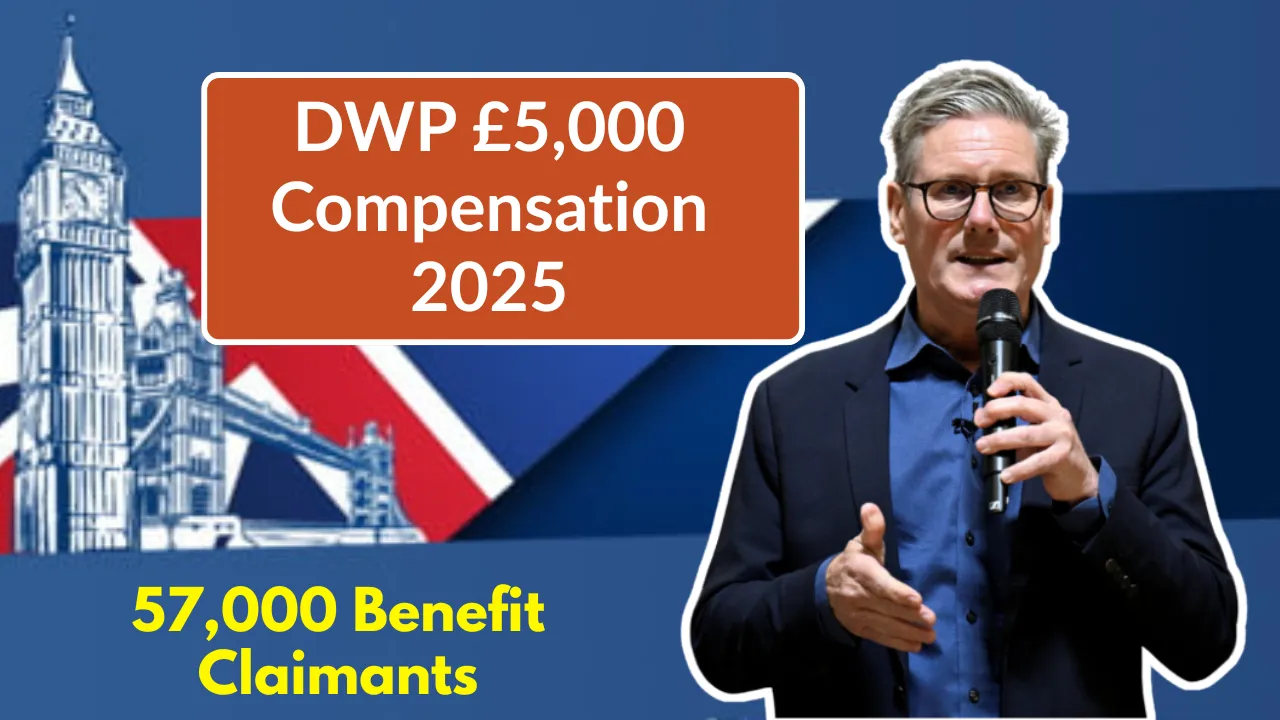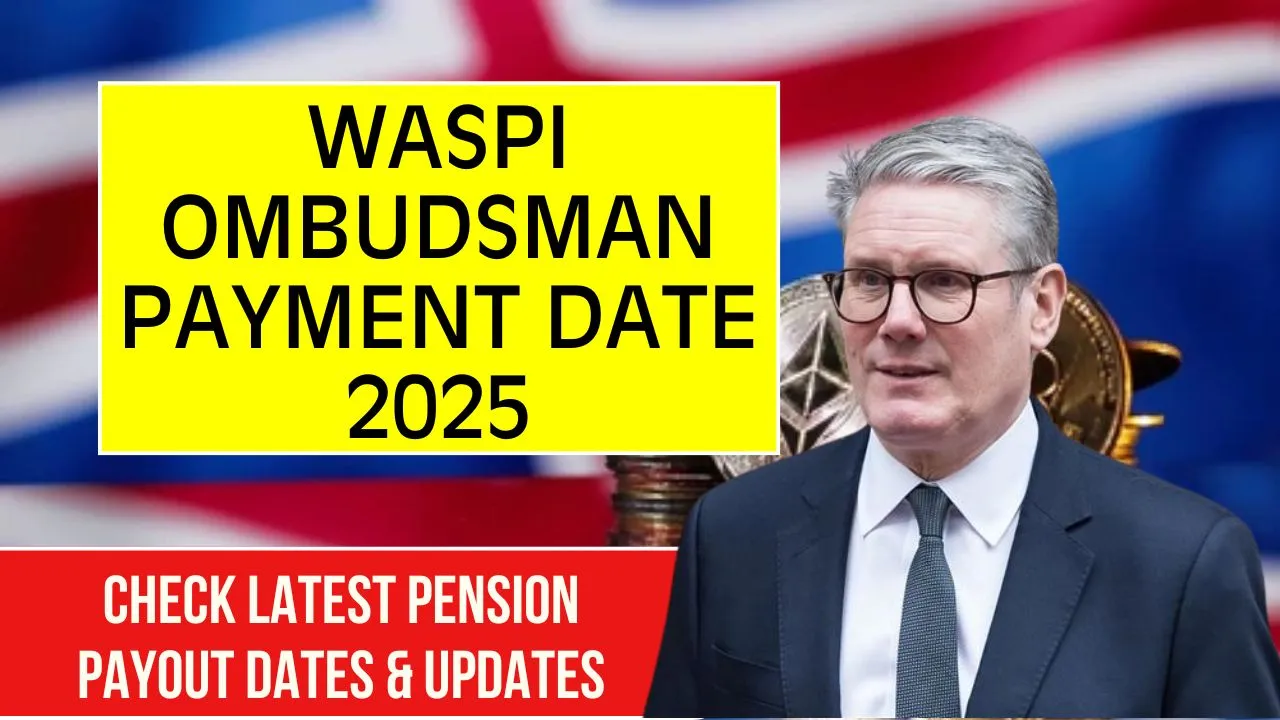£420 Boost for Universal Credit Claimants: The Department for Work and Pensions (DWP) has introduced a major rule change that offers welcome news for millions of people across the UK. Effective from April 30, 2025, the DWP has reduced the cap on Universal Credit deductions from 25% to 15%. This means claimants will now keep more of their monthly payment, with the change potentially resulting in up to £420 more per year in their pockets.
The £420 Boost for Universal Credit Claimants applies to over 1.2 million households, including families with children, people with disabilities, and low-income workers. The reform targets those repaying benefit advances, arrears, or overpayments—not those with fraud penalties. This change marks a turning point in the way debt is managed through the welfare system and aims to ease financial pressure for those already struggling.
£420 Boost for Universal Credit Claimants
This new policy ensures that households relying on Universal Credit keep a larger portion of their monthly benefit. By reducing the maximum deduction rate, the DWP aims to support those dealing with debt repayments without pushing them into deeper hardship. Many claimants previously saw significant portions of their benefits taken to repay advances or arrears. Now, they can hold on to more of what they’re entitled to, allowing for greater financial flexibility.
Overview Table: Key Information on the £420 Universal Credit Boost
| Feature | Details |
| Policy Change | UC deduction cap lowered from 25% to 15% |
| Effective Date | April 30, 2025 |
| Maximum Annual Gain | Up to £420 per household |
| Number of Claimants Affected | Around 1.2 million households |
| Applies To | Advances, arrears, benefit overpayments (non-fraud) |
| Does Not Apply To | Fraud penalties, benefit sanctions |
| Official Information | gov.uk – DWP Universal Credit Deduction Changes |
Understanding the 2025 Universal Credit Deduction Reform
Deductions from Universal Credit can quickly reduce the money available each month. Previously, up to 25% of a claimant’s standard allowance could be taken to repay debt—meaning less for food, rent, and daily expenses. With this change, only 15% can now be deducted.
For example, someone receiving £368 a month in Universal Credit could have seen £92 deducted under the old rules. Now, the maximum deduction is £55—leaving them with £37 more each month. Over 12 months, that’s an extra £444 back into their budget, helping to manage essentials more easily.
How the New 15% Deduction Cap Works
The new deduction limit gives claimants more control over their finances. It affects several types of repayments:
- Advance repayments
- Budgeting loan deductions
- Rent and utility arrears
- Benefit overpayments (not related to fraud)
This change does not impact deductions for fraud-related issues or sanctions, which remain outside the 15% cap.
To find out how this affects your benefits:
- Log into your Universal Credit online account
- Go to the “Payments” section
- Review “Deductions” for recent months
- If the deduction exceeds 15%, contact DWP Debt Management
Who Will Benefit the Most?
This reform is expected to help:
- Single parents managing childcare and rent costs
- Families with children on reduced UC due to earlier advance loans
- Disabled individuals who rely on UC and budgeting loans for daily needs
- Low-income workers using UC to supplement wages
According to the government, nearly 700,000 families with children are among the beneficiaries. For them, the extra monthly income could mean covering essential household expenses without falling behind on bills.
Historical Background: The Evolution of UC Deductions
Deductions from benefits have long been a source of concern. When Universal Credit first launched, deductions could reach up to 40% of a claimant’s standard allowance. Over time, and after criticism from campaigners and charities, that cap was gradually lowered—first to 30%, then 25% in 2021, and now 15% in 2025.
This downward trend reflects growing awareness of the link between aggressive debt collection and increased poverty among claimants. The latest cap aims to bring the UK’s welfare policies in line with fairer practices seen in Scotland and other countries.
Real-Life Impact: Lisa’s Story
Take Lisa, a single mother from Manchester with two children. In 2024, she had £125 deducted monthly to repay a budgeting advance. Following the April 2025 policy change, that deduction dropped to £75, giving her an extra £50 each month.
“For me, that £50 means I can buy more healthy food and afford transport without having to skip meals,” Lisa shared. Her story highlights how even small changes can make a big difference for households living on the edge.
Other Government Support Measures in 2025
The deduction cap is part of a broader package of support reforms:
1. Household Support Fund Extension
- An additional £742 million allocated to local councils
- Helps with food, rent, utilities, and emergency costs
- Available to both benefit claimants and low-income workers
2. Jobcentre Overhaul
- The new “Get Britain Working” programme
- Offers free coaching, training, and business incentives
- Aims to reduce long-term unemployment
3. Free Primary School Breakfast Clubs
- Now available at all schools in England
- Targets child hunger and food insecurity
- Supports working families by cutting morning meal costs
How to Check If You’re Affected
If you’re on Universal Credit and currently repaying debts, the new deduction cap should already be in place from April 30, 2025. To confirm:
- Visit your Universal Credit online portal
- Check the most recent payment statement
- Review total deductions and ensure they don’t exceed 15%
If you notice higher deductions, contact DWP Debt Management or send a journal message via your account.
Comparison with Other Benefit Systems
Universal Credit had some of the highest deduction rates among UK benefits. Other systems, such as Pension Credit and ESA, generally apply lower deduction limits. Scotland’s approach is also more flexible, often capping deductions at even lower percentages.
This latest reform helps bring UC in line with fairer practices and acknowledges that previous deduction rates were placing undue stress on the people they were meant to support.
Policy Debate: Is It Enough?
While most organisations have welcomed the change, some argue that it doesn’t go far enough. Common criticisms include:
- The cap should be 0% for the most vulnerable households
- Advance payments, which are technically loans, should not lead to long-term debt
- Deductions should be suspended during personal crises, like bereavement or serious illness
Still, this reform is seen as a step in the right direction, with room for further improvements.
FAQs About £420 Boost for Universal Credit Claimants
Q1. Is this £420 boost applied automatically?
Yes. If you’re repaying UC-related debts, the new cap applies without needing to take action.
Q2. What if I’m repaying several debts?
The 15% cap applies to the total of non-fraud-related deductions. Fraud-related debts are separate.
Q3. Can I request even lower deductions?
Yes. If you’re in financial hardship, contact DWP to ask for a temporary reduction or pause.
Q4. How do I get in touch with DWP?
Call 0800 328 5644 or use your Universal Credit journal to send a message.
Final Thought
The £420 Boost for Universal Credit Claimants is a long-overdue update that puts more money into the hands of people who need it most. While it won’t solve every financial problem, it eases the burden for millions already juggling debts, bills, and daily expenses.
Now is the time to check your payments, stay informed about your entitlements, and speak up if you need help. Even a few extra pounds each month can mean the difference between hardship and stability.







